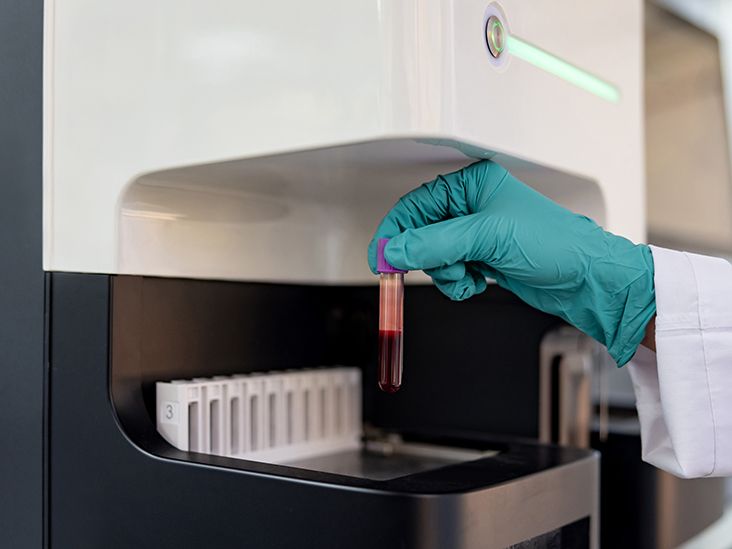A New Statin? Monthly Injection Lowered “Bad” Cholesterol by 50%
A New Statin? Monthly Injection Lowered “Bad” Cholesterol by 50%
What is Lerodalcibep?
Lerodalcibep is an investigational drug that has shown promising results in lowering low-density lipoprotein (LDL) cholesterol, also known as “bad” cholesterol. In a recent study, participants who received monthly injections of lerodalcibep saw significant reductions in their LDL cholesterol levels, with 90% of patients achieving a reduction of 50% or more.
How Does Lerodalcibep Work?
Lerodalcibep functions by specifically targeting a liver protein known as proprotein convertase subtilisin kexin 9 (PCSK9). By inhibiting PCSK9, the liver is able to take up more cholesterol particles from the blood, leading to a reduction in LDL cholesterol levels.
The Study
The study, published in JAMA Cardiology, included 922 adults who were unable to lower their LDL cholesterol levels using statins. Participants were randomly assigned to receive either monthly injections of lerodalcibep or a non-acting placebo for 52 weeks. The results showed that people who received lerodalcibep had significant reductions in their LDL cholesterol levels, with an average reduction of 56% after 52 weeks and 69.5% after 60 weeks.
Benefits of Lerodalcibep
The study results demonstrate the potential benefits of lerodalcibep in reducing LDL cholesterol levels and improving cardiovascular health. By lowering LDL cholesterol, lerodalcibep may help to reduce the risk of heart attack, stroke, and other cardiovascular events.
Side Effects of Lerodalcibep
The most common side effects of lerodalcibep were mild or moderate reactions at the injection site, which occurred in 6.9% of patients. These reactions were generally well-tolerated and did not lead to any serious adverse events.
Future Studies
While the study results are promising, additional longer-term studies are needed to confirm the safety and efficacy of lerodalcibep in reducing cardiovascular risk. Further research is also needed to determine the potential benefits of lerodalcibep in patients with atherosclerosis, a condition in which plaques build up in the arteries.
Conclusion
Lerodalcibep is an investigational drug that has shown significant promise in reducing LDL cholesterol levels and improving cardiovascular health. While additional studies are needed to confirm its safety and efficacy, the results of this study suggest that lerodalcibep may be a valuable addition to the treatment options for patients with high cholesterol.
FAQs
Q: What is the mechanism of action of lerodalcibep?
A: Lerodalcibep works by inhibiting PCSK9, a protein in the liver that regulates cholesterol levels.
Q: How does lerodalcibep compare to other cholesterol-lowering drugs?
A: Lerodalcibep has shown similar efficacy to other PCSK9 inhibitors, such as alirocumab and evolocumab, in reducing LDL cholesterol levels.
Q: What are the potential benefits of lerodalcibep?
A: Lerodalcibep may help to reduce the risk of heart attack, stroke, and other cardiovascular events by lowering LDL cholesterol levels.
Q: What are the potential side effects of lerodalcibep?
A: The most common side effects of lerodalcibep are mild or moderate reactions at the injection site, which occurred in 6.9% of patients.
Q: Is lerodalcibep approved by the FDA?
A: No, lerodalcibep is not yet approved by the FDA. However, it has shown promising results in reducing LDL cholesterol levels and improving cardiovascular health.



